The John Randle Centre ‘rises from the earth in a nod to Yoruba spirituality’
The John Randle Centre for Yoruba Culture and History is an urban regeneration project at the heart of Lagos Island, designed by Studio Imagine Simply Architecture
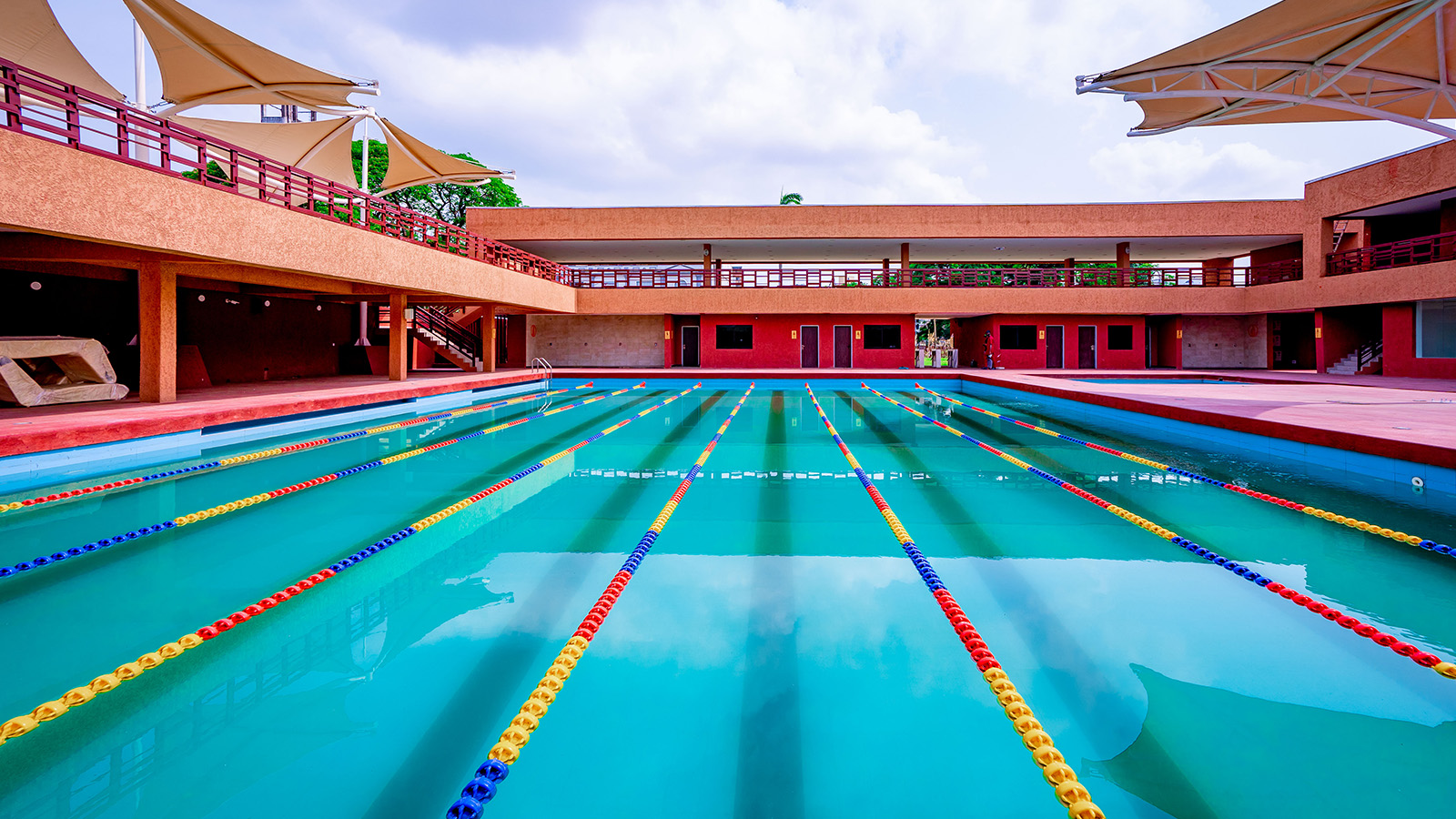
With The John Randle Centre for Yoruba Culture and History, Studio Imagine Simply Architecture (SI.SA) addresses important contemporary needs by designing a vibrant building that celebrates Yoruba identity, tradition, and heritage. ‘It has become extremely important to shape the narratives around Africa, its people, and its diaspora’, states practice principal architect Seun Oduwole.
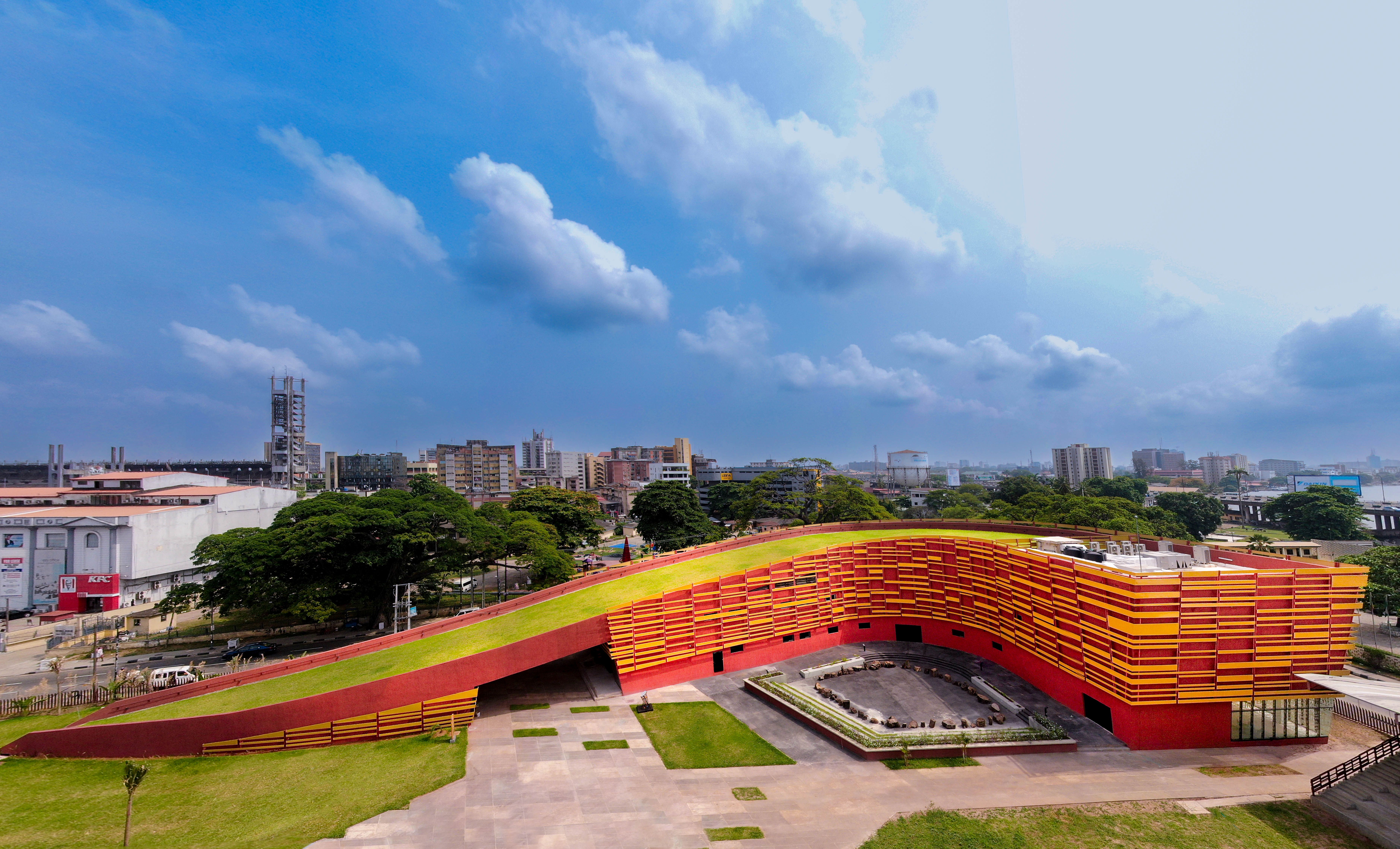
Explore The John Randle Centre
According to Oduwale, SI.SA’s red and yellow fractal form scheme is inspired by traditional Nigerian architecture. ‘The building rises from the earth in a nod to Yoruba spirituality and the metal screen around the façade pays homage to age-old skills like metalwork, looming, and weaving,’ explains Oduwole.
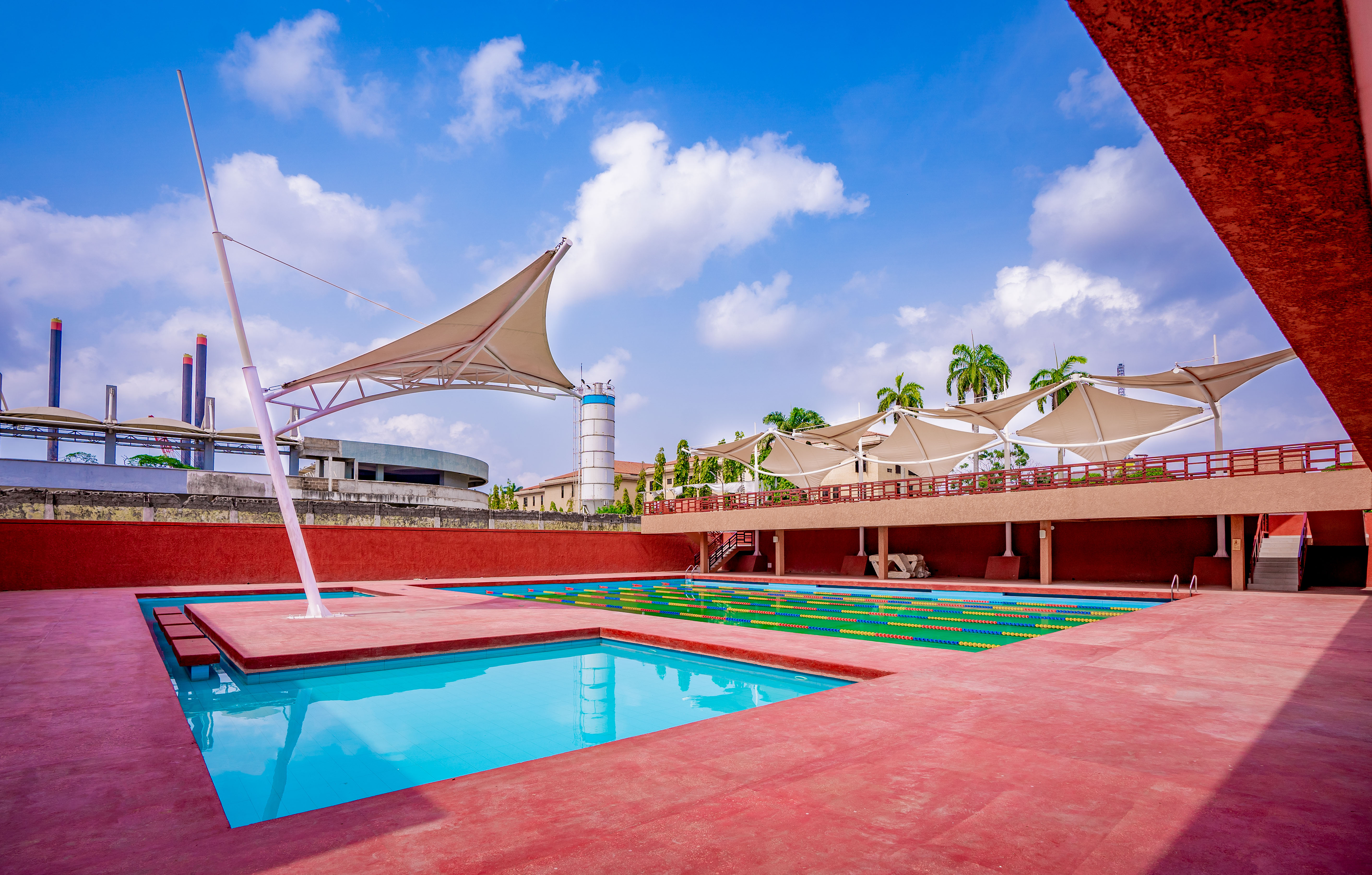
‘In a number of ways, we applied historical patterns and visual metaphors as concept drivers,’ he adds. A clever green roof also links the building back to the landscape. ‘We sought to create a building grounded in context and conscious of its surroundings,’ states Oduwole.
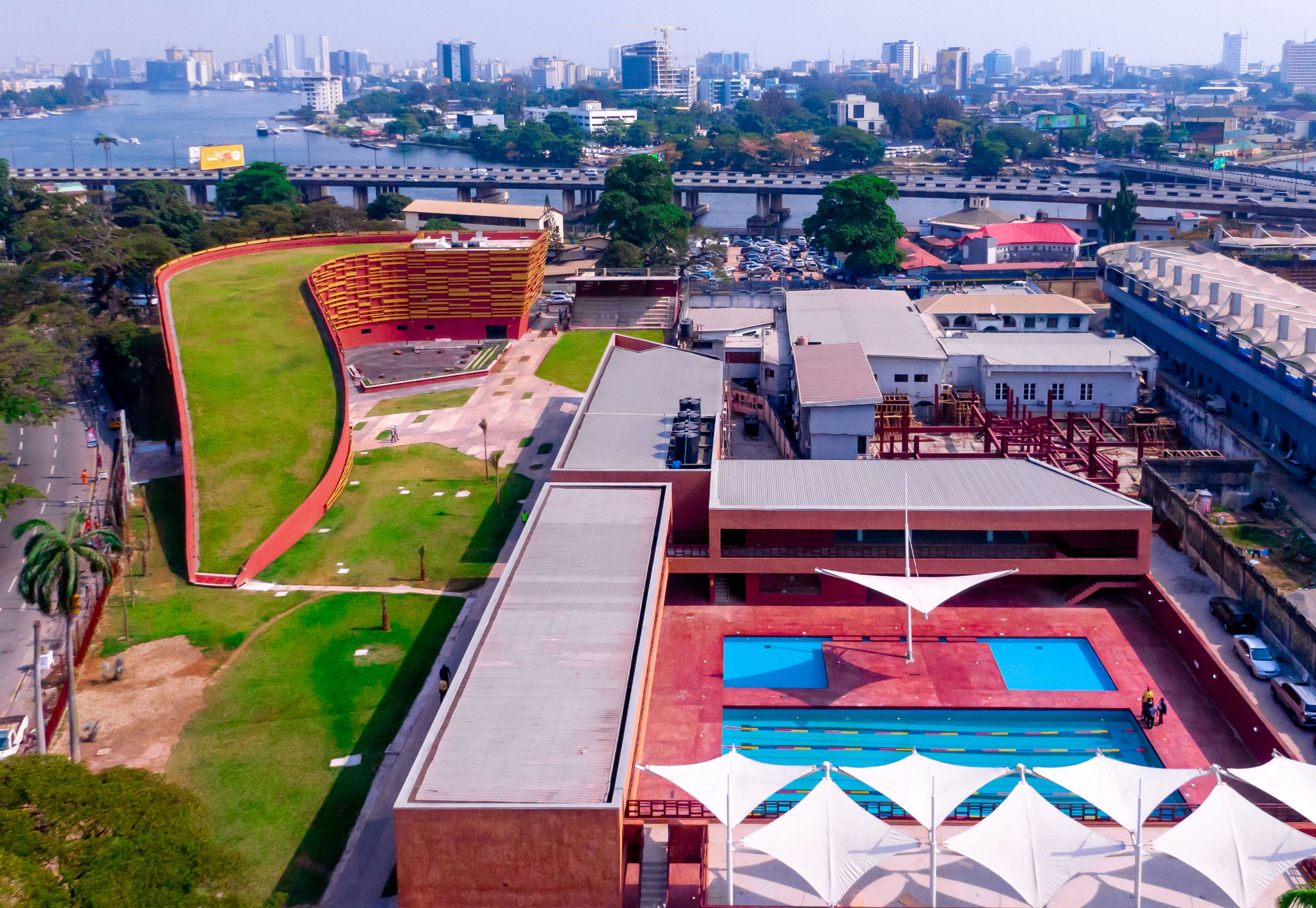
Located in the Onikan district of Lagos Island, this colourful scheme forms part of a larger development commissioned by Lagos State. This urban regeneration project aimed at restoring a former swimming pool, replacing a demolished cultural hall, and revitalising the lost landscape. The name of SI.SA's museum pays tribute to Dr John Randle, a Sierra Leonean doctor, who built the original swimming pool on the site in 1928 for Nigerians after British colonialists had refused to provide one.
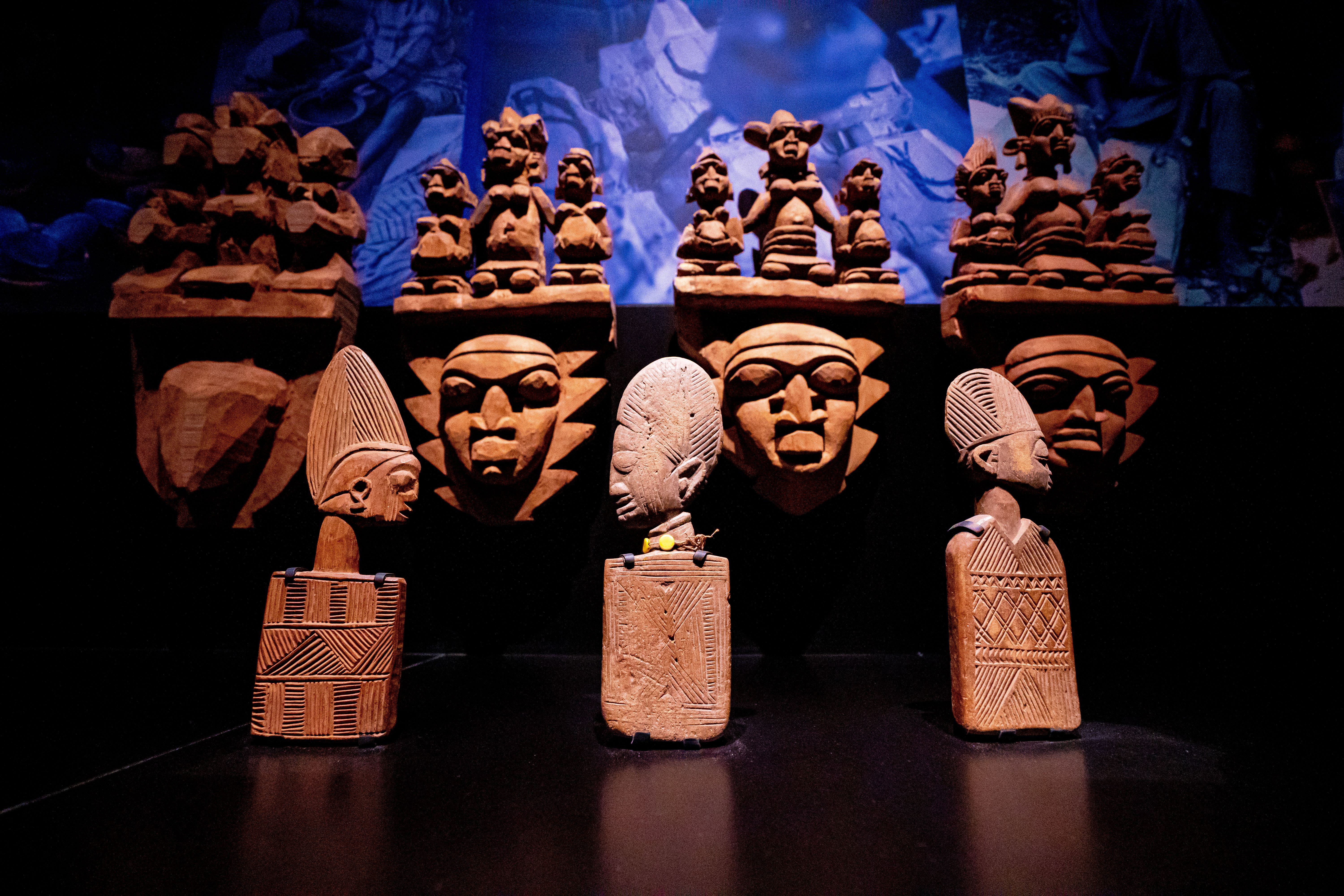
Inside, the building takes visitors on an immersive voyage into Yoruba culture where they can learn about rich oral African traditions. ‘Visitors have left feeling, inspired, joyful, and proud. People feel represented and it’s very humbling,’ states Oduwole.
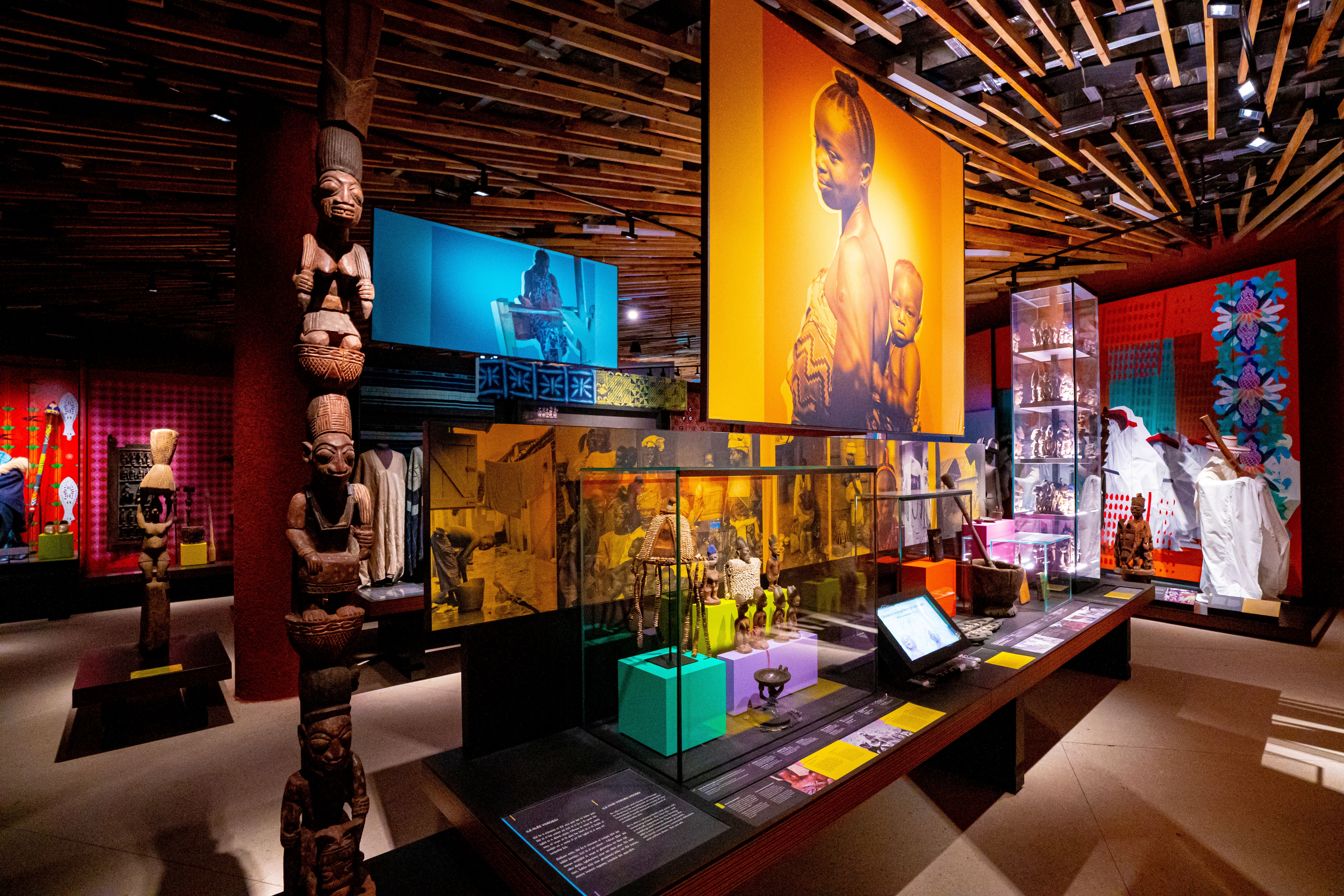
Guests can learn about the stories, beliefs, and traditions of Yoruba people through areas dedicated to fashion, craftsmanship, and storytelling. Here rich Nigerian garments and beautiful African art can be found alongside compelling wooden artifacts and powerful Lagosian literature.
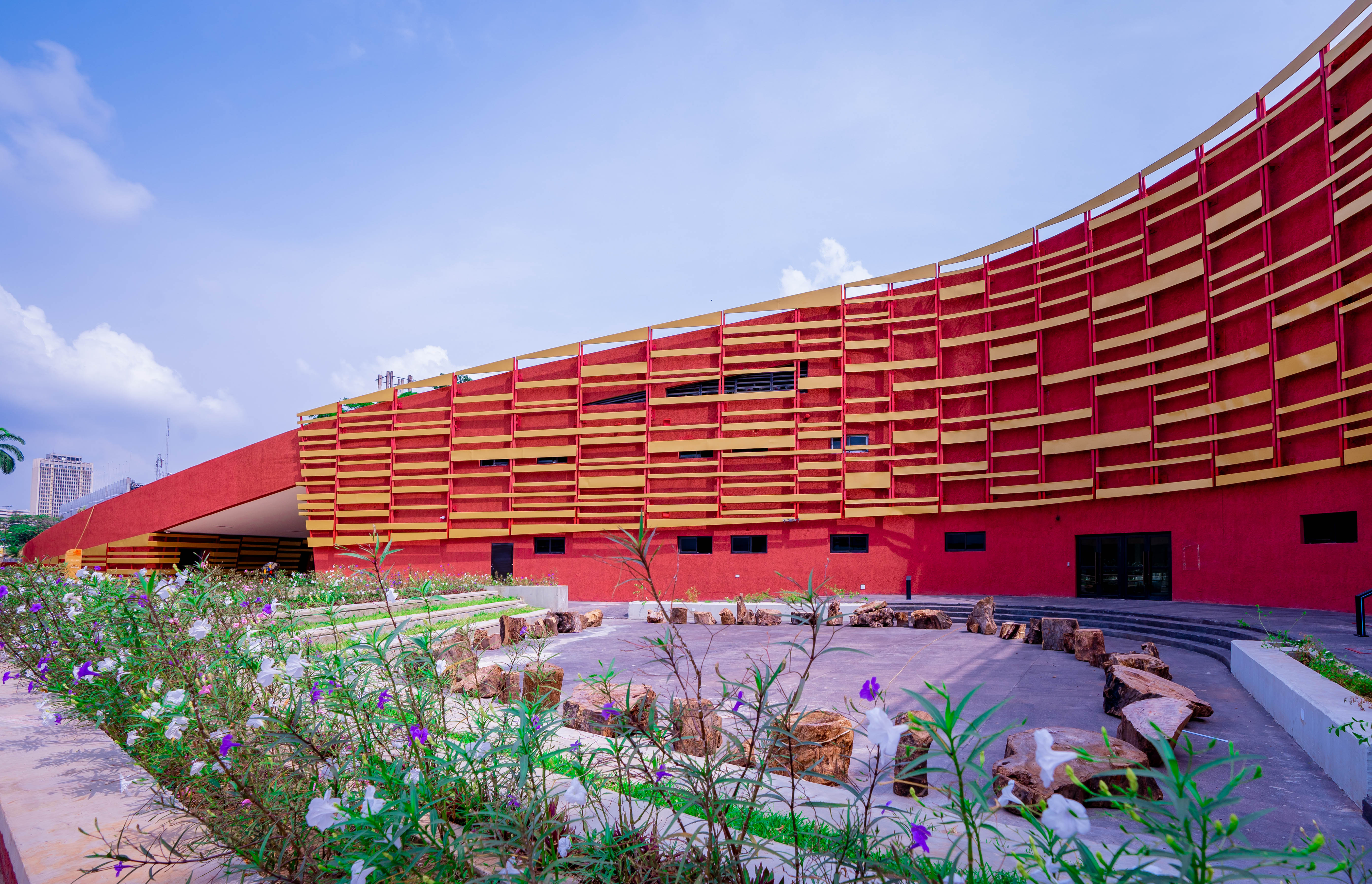
Featuring 1,000 sq m of exhibition space, a library, multipurpose rooms, a theatre, and a seminar room, the building seeks to attract both locals and international tourists. ‘Internally we sought to interrogate museology as a construct to create a museum visitor experience that was relatable and immersive.’
Wallpaper* Newsletter
Receive our daily digest of inspiration, escapism and design stories from around the world direct to your inbox.
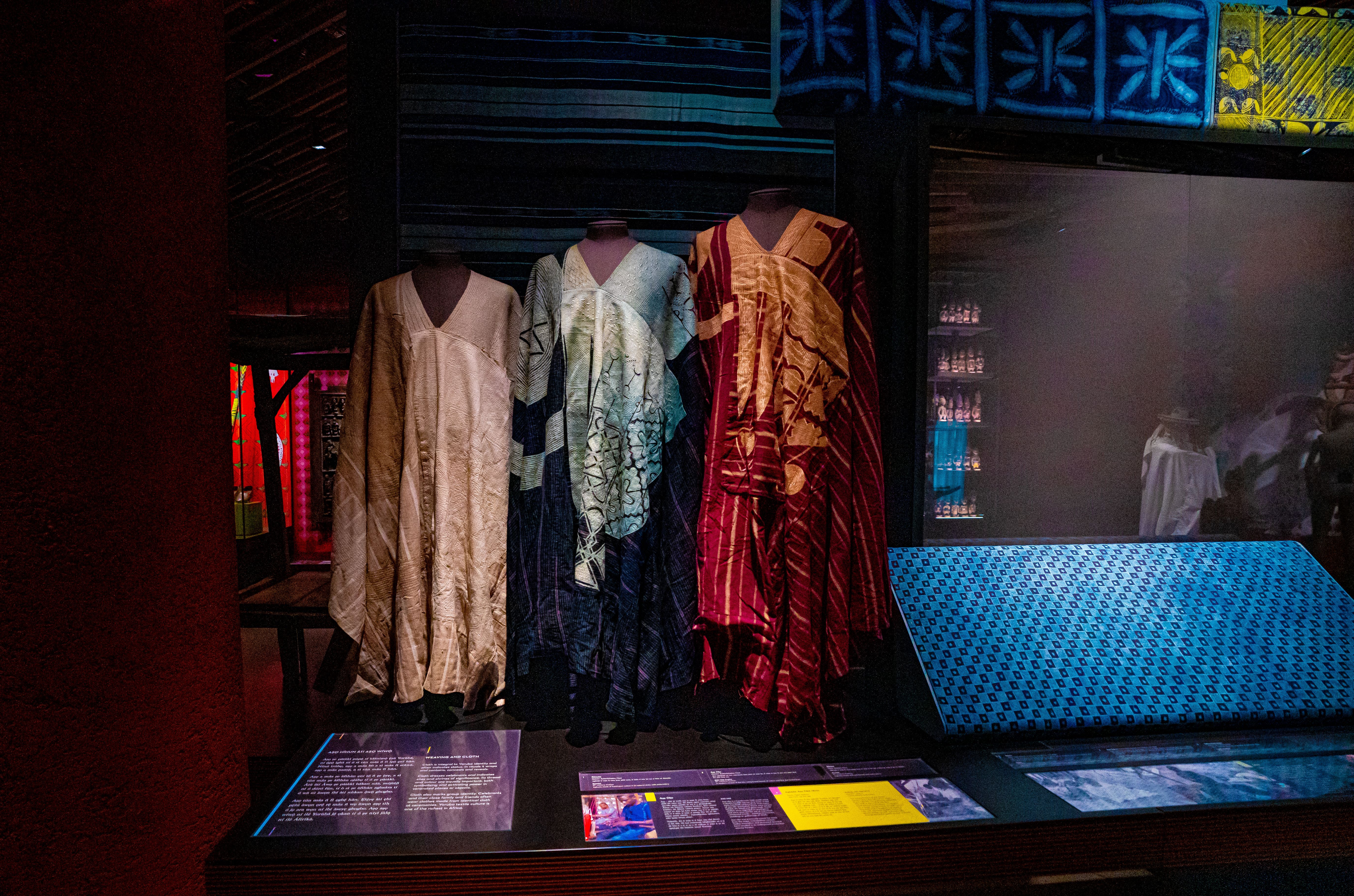
The John Randle Centre for Yoruba Culture and History is a bold cultural attraction that speaks to past, present, and future Yoruba culture. It is a place where history, archaeology, and storytelling meet to honour African heritage. In this project, SI.SA has created a didactic, contextual, and eye-catching museum that should be visited by anyone who wants to learn more about African culture.
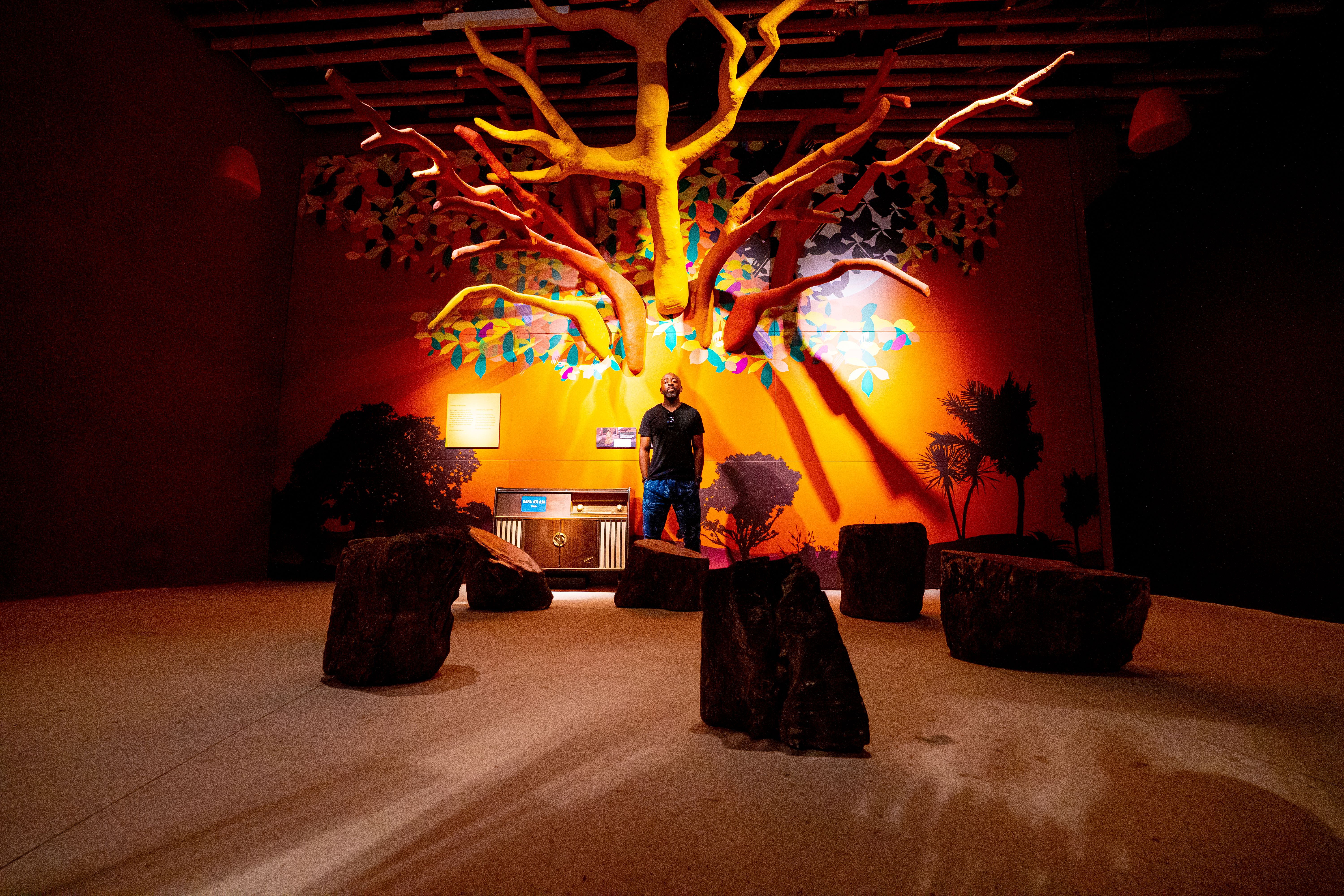
Shawn Adams is an architect, writer, and lecturer who currently teaches at Central St Martins, UAL and the Architectural Association. Shawn trained as an architect at The Royal College of Art, Architectural Association and University of Portsmouth. He is also the co-founder of the socially-minded design practice Power Out of Restriction. In 2023, POoR won the London Design Festival’s Emerging Design Medal. Shawn writes for numerous international magazines about global architecture and design and aims to platform the voices of those living across the Caribbean, Asia, and Africa.
-
 Put these emerging artists on your radar
Put these emerging artists on your radarThis crop of six new talents is poised to shake up the art world. Get to know them now
By Tianna Williams
-
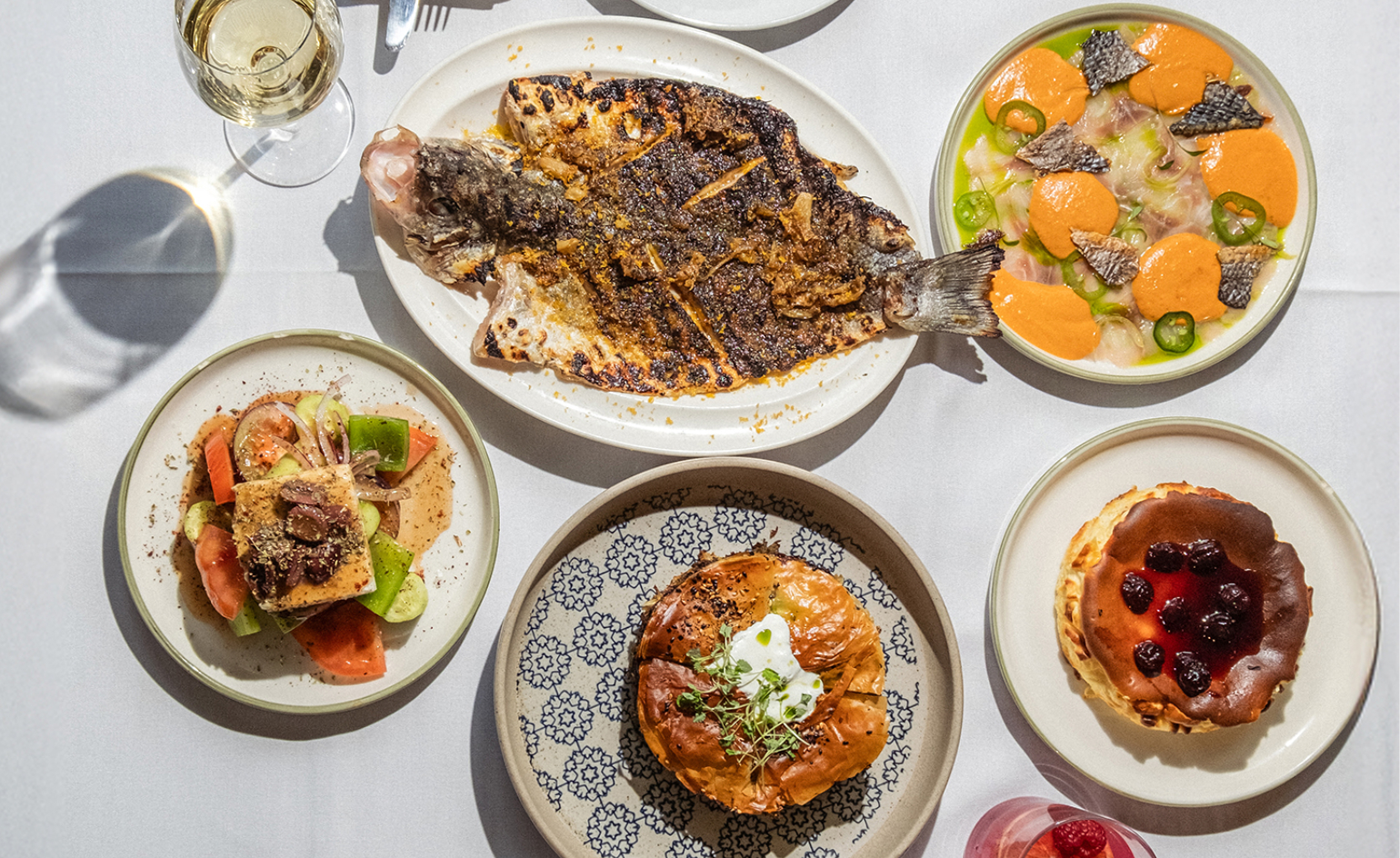 Dining at Pyrá feels like a Mediterranean kiss on both cheeks
Dining at Pyrá feels like a Mediterranean kiss on both cheeksDesigned by House of Dré, this Lonsdale Road addition dishes up an enticing fusion of Greek and Spanish cooking
By Sofia de la Cruz
-
 Creased, crumpled: S/S 2025 menswear is about clothes that have ‘lived a life’
Creased, crumpled: S/S 2025 menswear is about clothes that have ‘lived a life’The S/S 2025 menswear collections see designers embrace the creased and the crumpled, conjuring a mood of laidback languor that ran through the season – captured here by photographer Steve Harnacke and stylist Nicola Neri for Wallpaper*
By Jack Moss
-
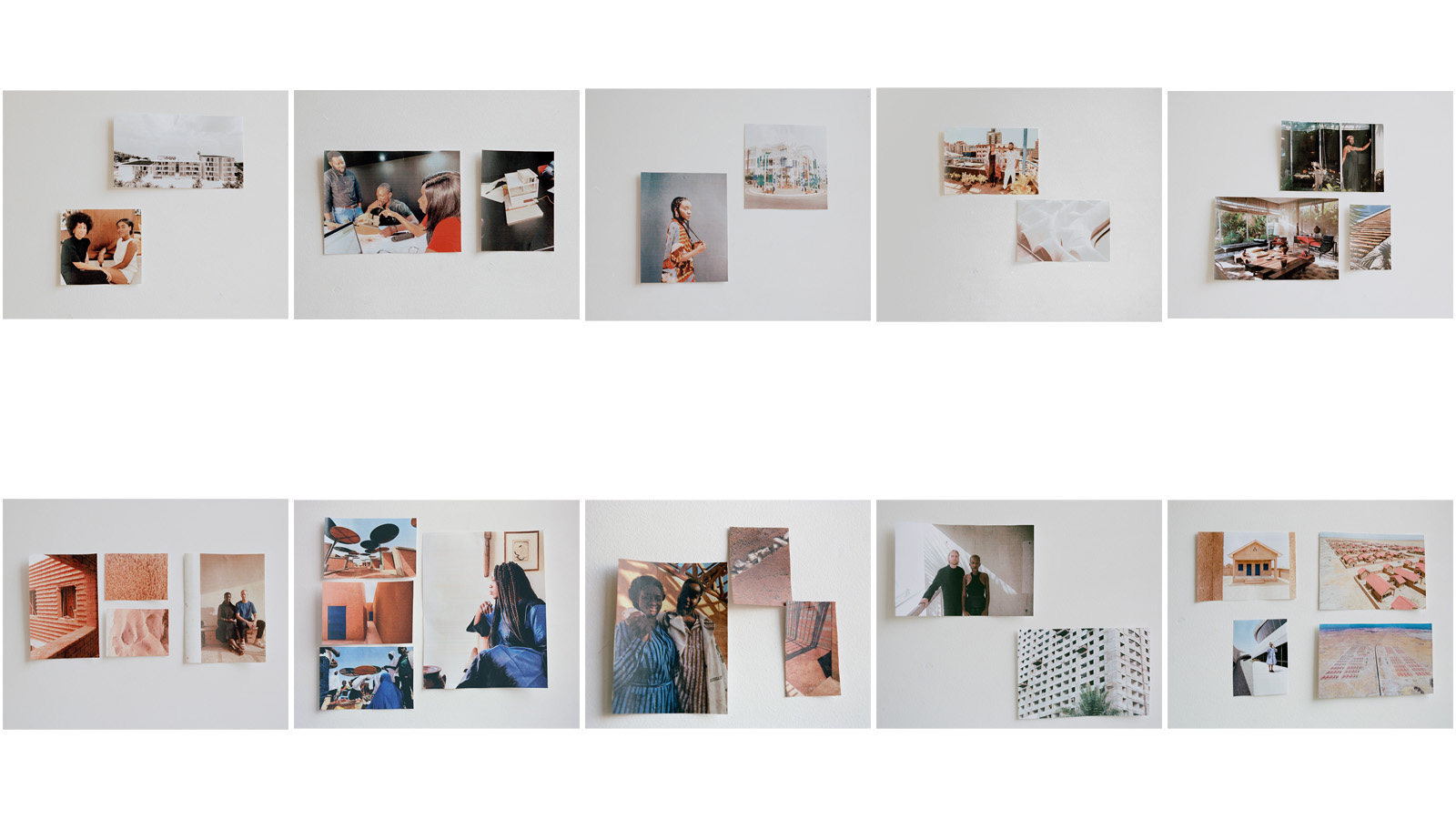 The 10 emerging West African architects changing the world
The 10 emerging West African architects changing the worldWe found the most exciting emerging West African architects and spatial designers; here are the top ten studios from the region revolutionising the spatial design field
By Ellie Stathaki
-
 Wallpaper* Architects’ Directory 2024: meet the practices
Wallpaper* Architects’ Directory 2024: meet the practicesIn the Wallpaper* Architects Directory 2024, our latest guide to exciting, emerging practices from around the world, 20 young studios show off their projects and passion
By Ellie Stathaki
-
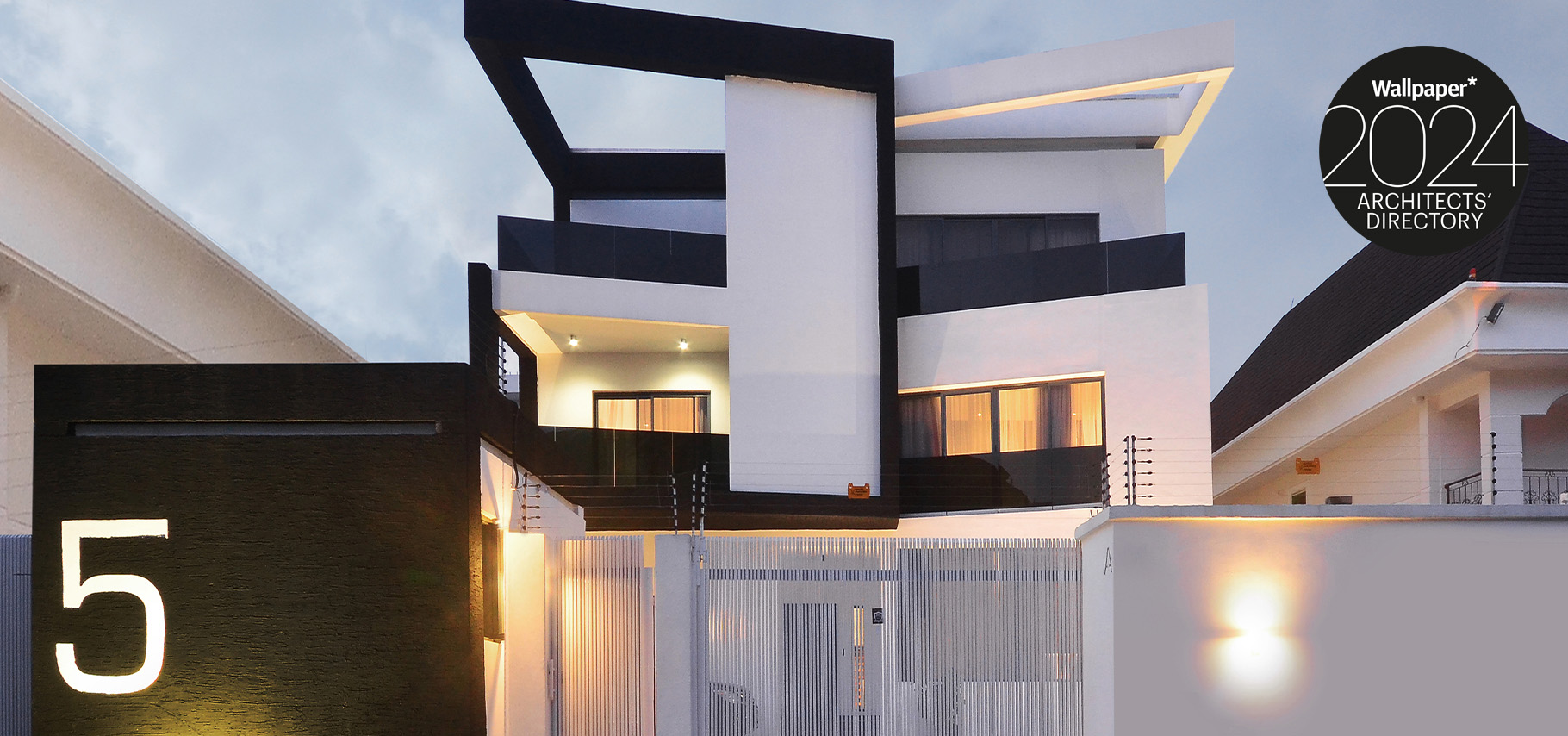 Nigerian architects SI.SA draw on 'simplicity, clarity, and unity'
Nigerian architects SI.SA draw on 'simplicity, clarity, and unity'SI.SA, a young Nigerian practice, is featured in the Wallpaper* Architects’ Directory 2024; tour its Scissor House in Ikoyi, an elegant solution to a constrained plot
By Shawn Adams
-
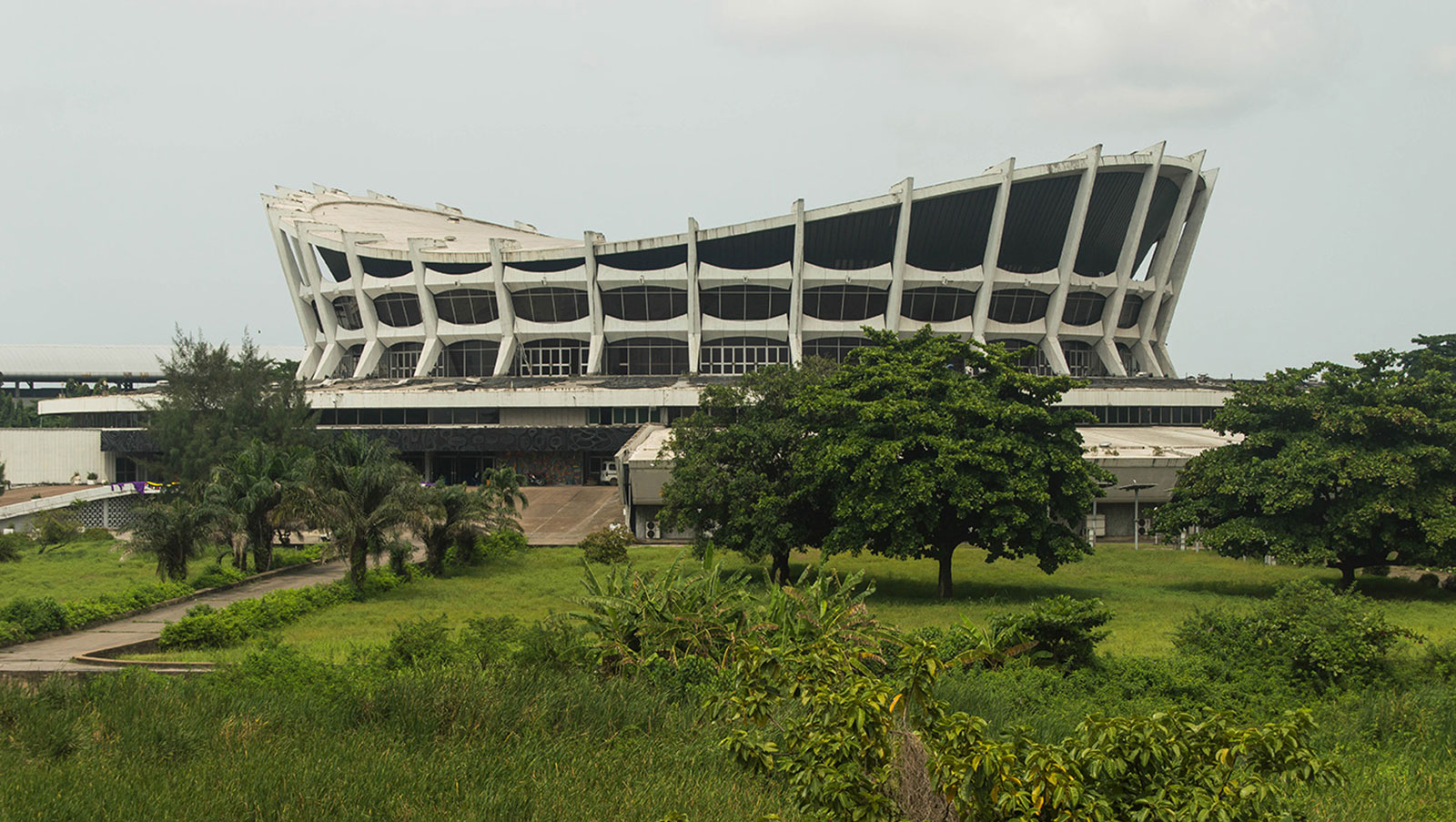 Afrobeats and modernism: how the concrete ‘ruins’ of Lagos become a stage
Afrobeats and modernism: how the concrete ‘ruins’ of Lagos become a stageWe explore the relationship between Afrobeats and modernism in Lagos, as the Nigerian capital’s concrete structures become a stage for the music genre
By Olorunfemi Adewuyi
-
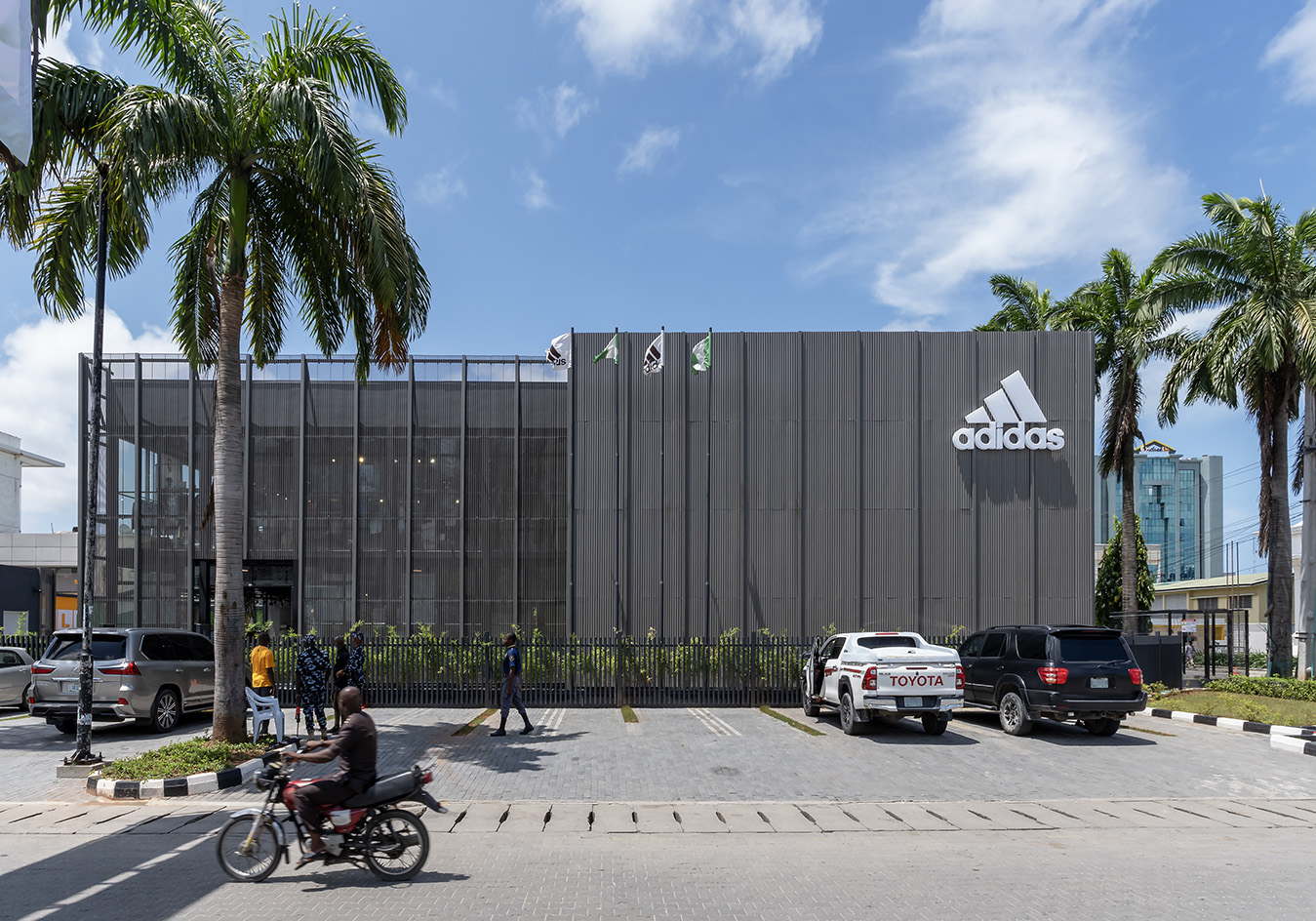 Adidas Lagos champions the city’s ‘resilient, adaptable and go-getter resolve’
Adidas Lagos champions the city’s ‘resilient, adaptable and go-getter resolve’Adidas Lagos by Tosin Oshinowo opens its smart retrofit of a 1970s building
By Ellie Stathaki
-
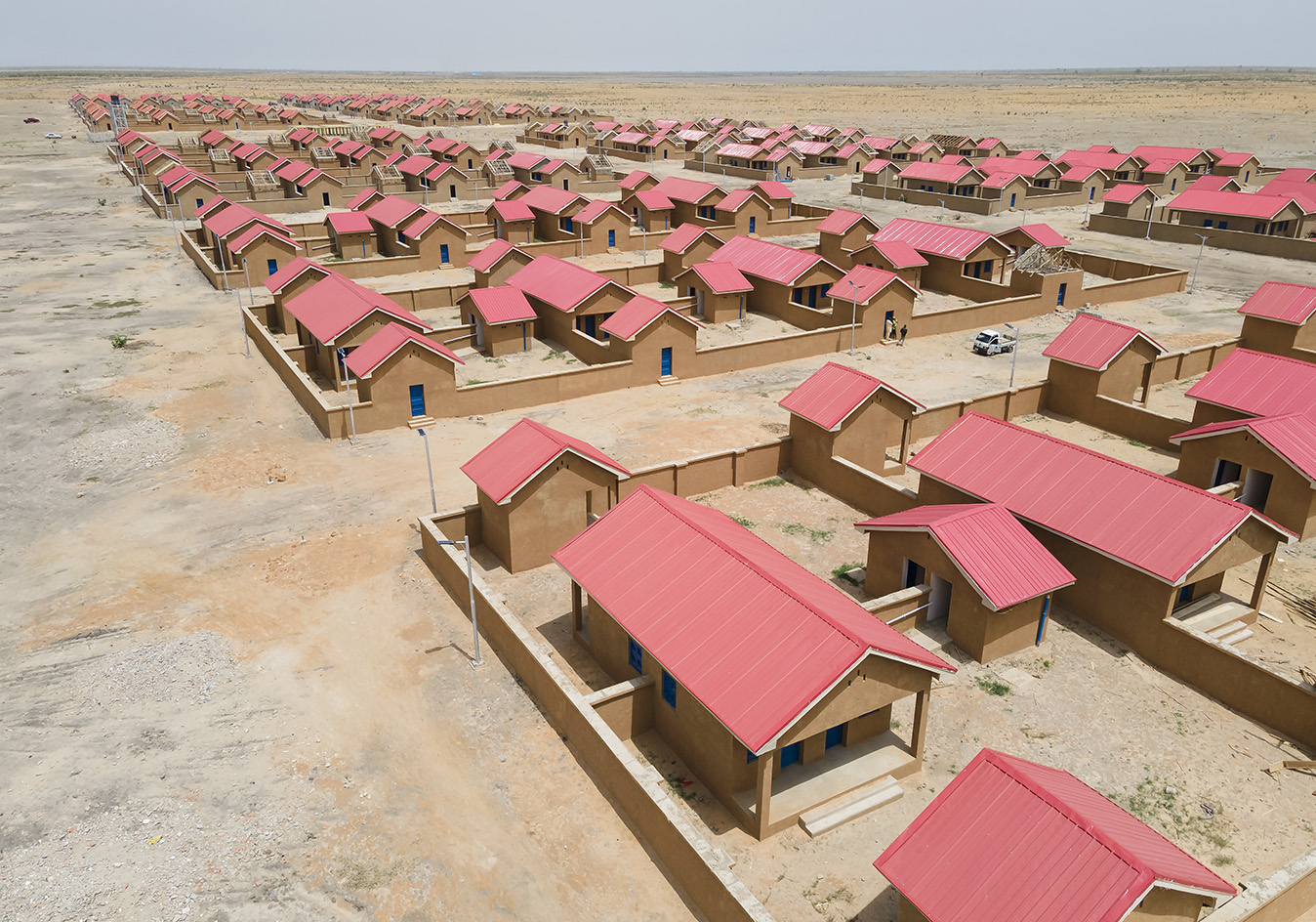 Tosin Oshinowo’s cmDesign Atelier is a cultural powerhouse
Tosin Oshinowo’s cmDesign Atelier is a cultural powerhousecmDesign Atelier from Nigeria is part of our series of profiles of architects, spatial designers and builders shaping West Africa's architectural future
By Ellie Stathaki
-
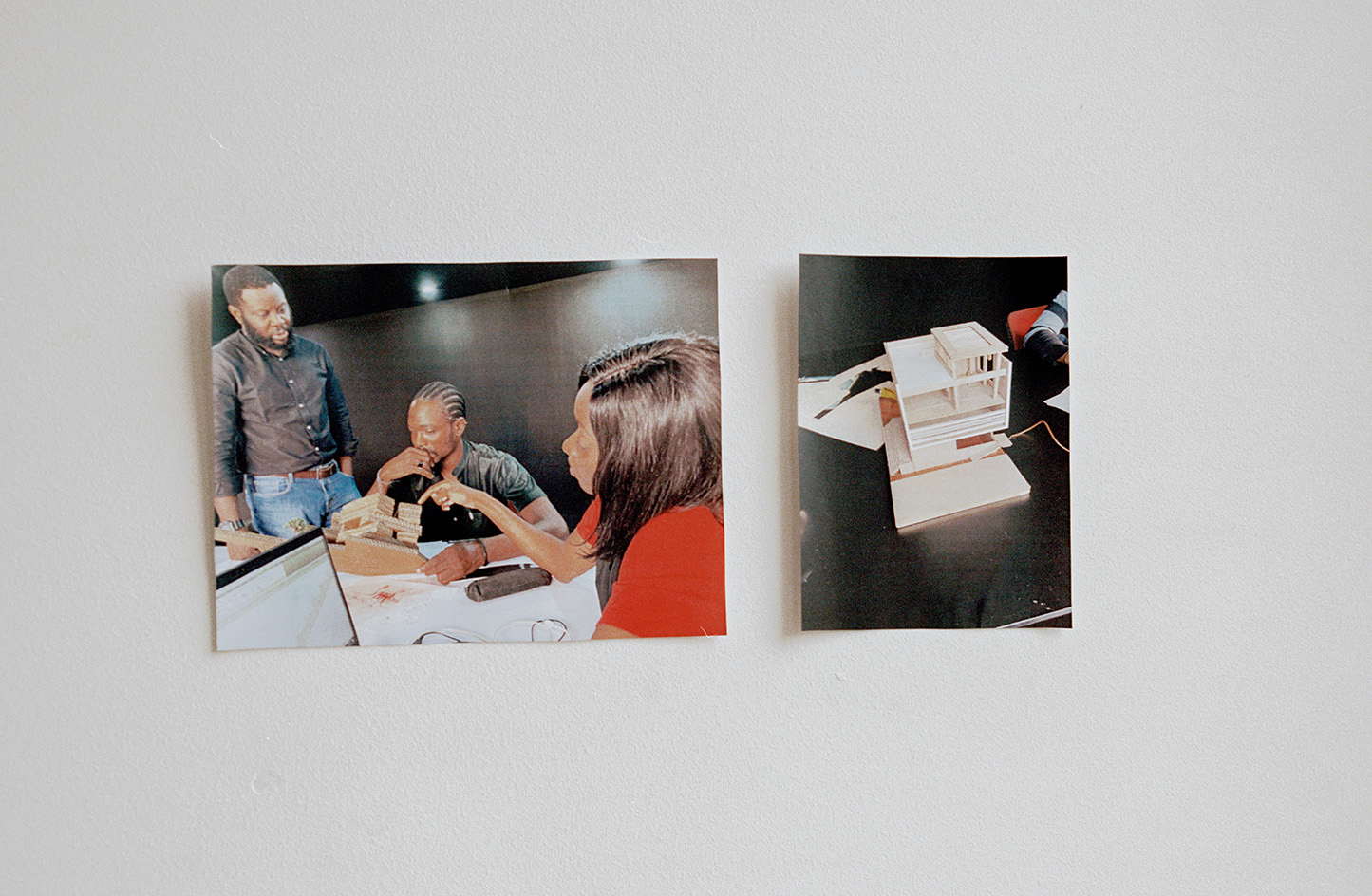 HTL Africa imagines architecture as an ‘object of performance’
HTL Africa imagines architecture as an ‘object of performance’HTL from Nigeria is next up in our series of profiles of architects, spatial designers and builders shaping West Africa’s architectural future
By Ijeoma Ndukwe
-
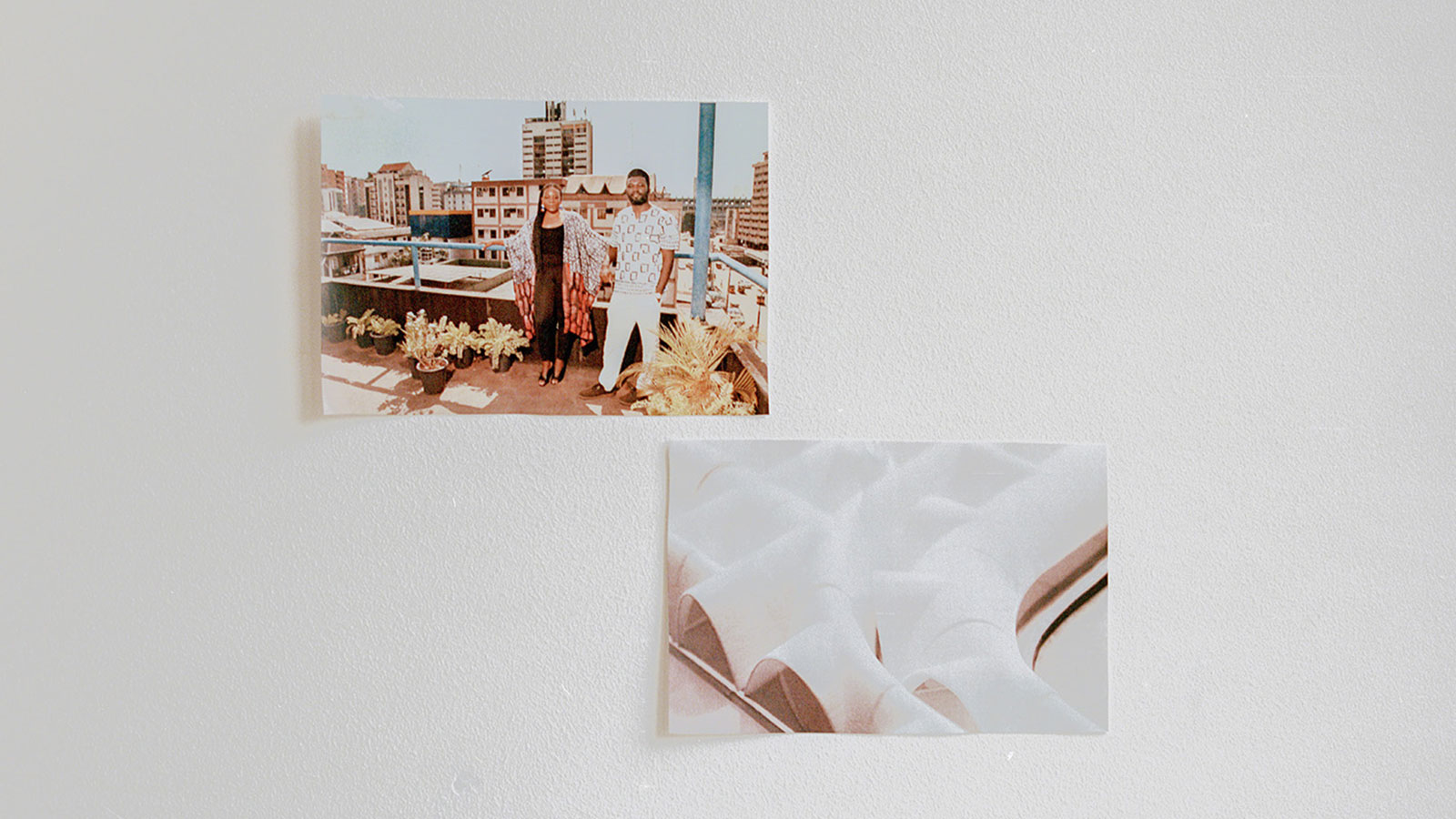 Nigerian Studio Contra blends contemporary culture with local craftmanship
Nigerian Studio Contra blends contemporary culture with local craftmanshipNigerian Studio Contra is part of our series of profiles of architects, spatial designers and builders shaping West Africa's architectural future
By Ijeoma Ndukwe